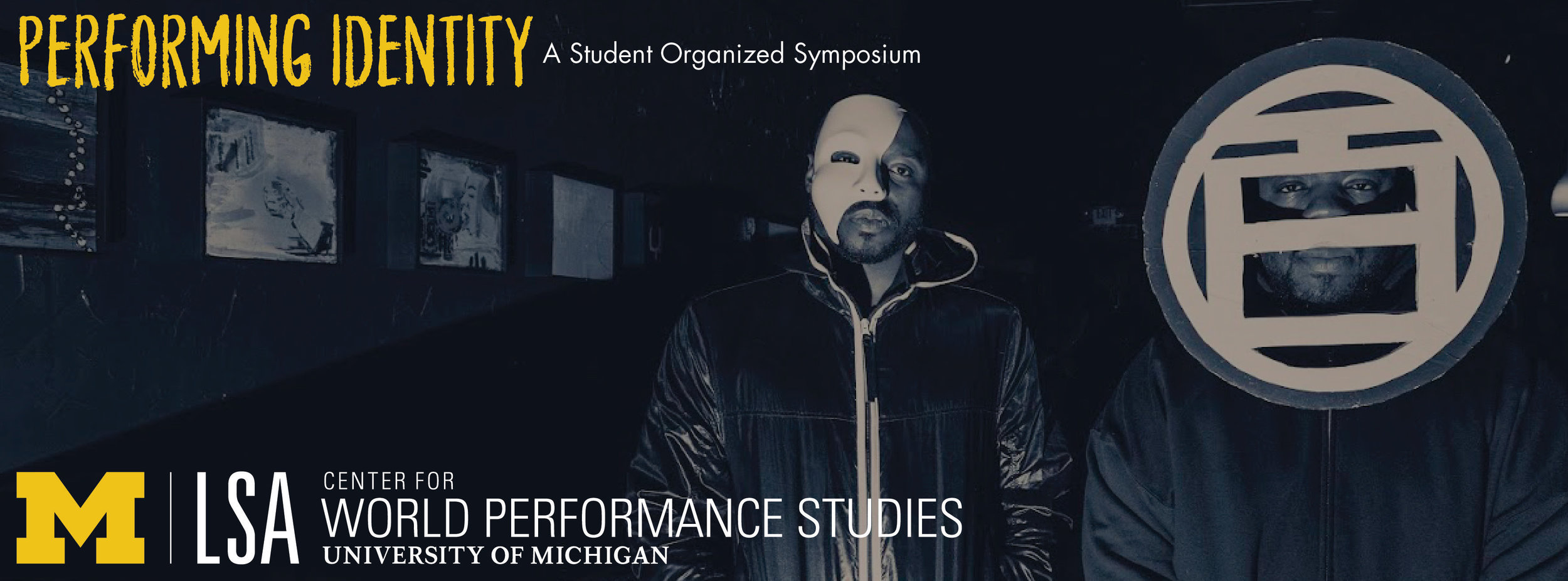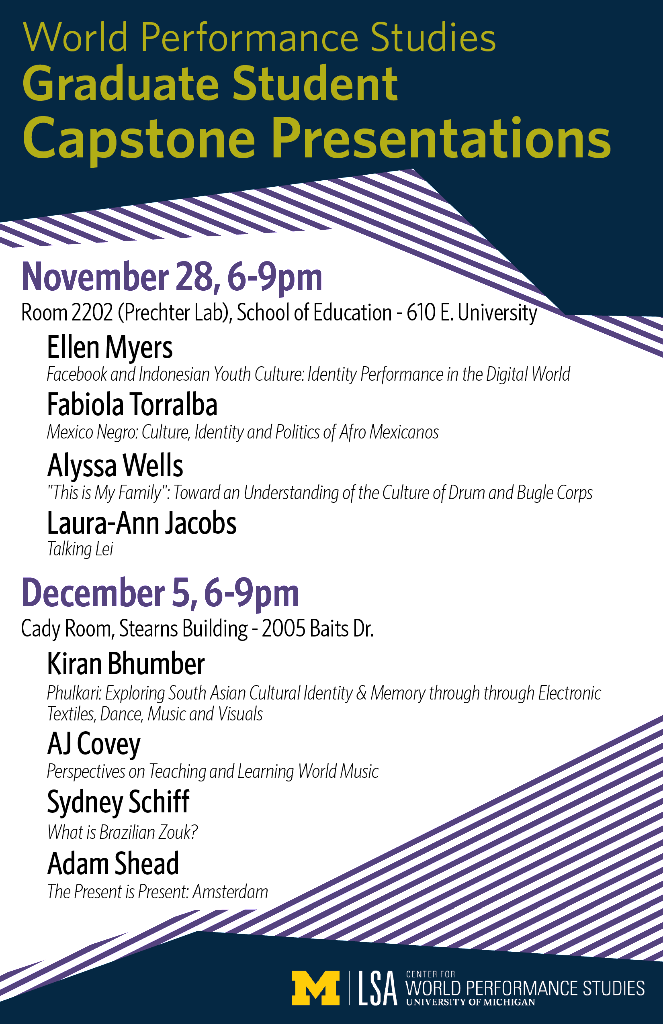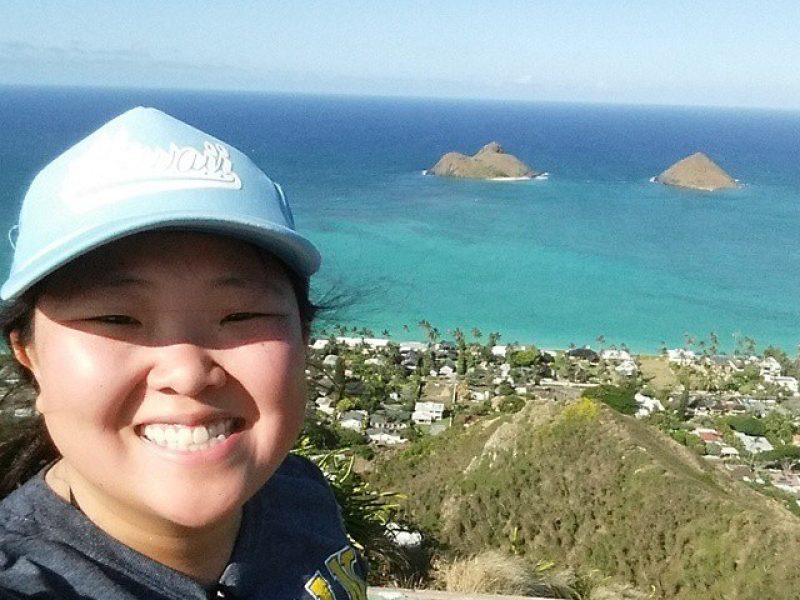Excited for the upcoming UM SOE DIJE Arts Showcase!
DIJE Arts Showcase Committee Members: Debi Khasnabis, Patricia King, Catalina Ormsby, Katie Robertson
Call for Proposals:
At the 2018 Winter Wonderland dance party, the SOE invites community members to express their dije commitments through an “Arts Showcase.” This event provides an opportunity for community members to share their artistic talents as they intersect with commitments to diversity, inclusion, justice, and equity. The Arts Showcase is a space where community members can present their creative work through artistic installations and performance art. At the event, attendees and artists will have opportunities to engage in dialogue about the creative pieces, artistic processes, and personal experiences with the pursuit of diversity, inclusion, justice, and equity. We invite Statements of Interest from students, staff, and faculty in the form of visual art exhibits, performances, simulations, documentaries, multimedia displays, and other creative forms. We invite statements of interest for both single-authored and co-created work.
Your expressive piece may speak to any one or more of the following purposes:
work that centers your own social identities, including but not limited to cultural, gender, sex, race, ethnicity, citizenship, socio-economic, religious, and political identities
work that expresses your experience as a member of our community related to issues of diversity, inclusion, justice, and equity
work that explores your own personal commitment to diversity, inclusion, justice, and equity
work that recognizes you both as an individual with distinct talents, perspectives, and insights and as a member of social groups who have benefited from or been disadvantaged by historical and contemporary power inequalities
work that explores diversity of identity, culture, perspective, language, and mode of expression in either concrete or abstract ways
work that reflects a vision for diversity, inclusion, justice, and equity in our community






















